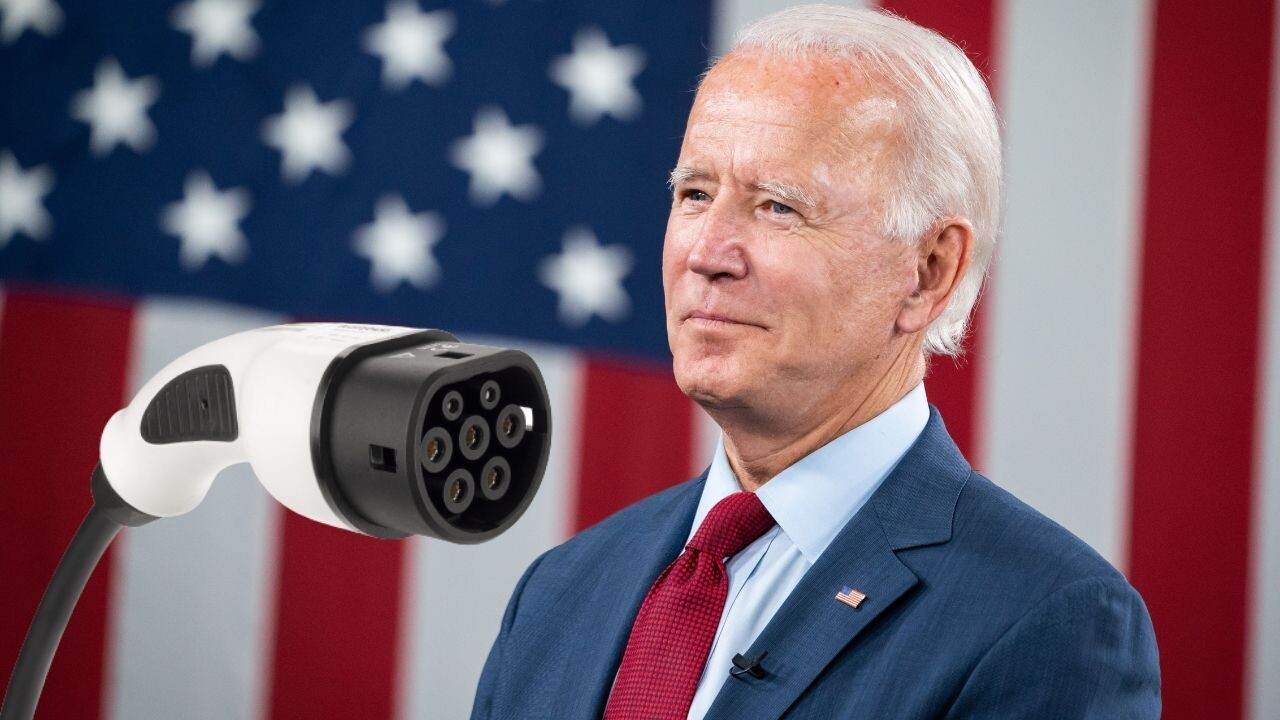Okay, who doesn’t love a good conspiracy theory? The Earth is actually flat, COVID-19’s nothing but a hoax, we never landed on the Moon, and the Lizard People are controlling us.
But did you know that the soaring gas prices in the US aren’t the result of the Ukraine war and the sanctions against Russia?
Well, now you do thanks to our fellow conspiracy theorists, who believe that the Biden administration is using the war as a pretext to intentionally drive gas prices up. Why, you ask? To make you buy an EV, of course.
Let’s take a look at what’s swirling around in social media.
“$6.00 a gallon gas is how you get people to buy electric cars,” claims one popular meme, shared thousands of times across Facebook, Twitter, and Instagram.

Others highlight how the prices have been manipulated, how the Ukraine invasion was part of the plan, and how Biden is cooperating with China.




What’s more, mentions of “electric vehicles” and “government” have increased 400% across social media accounts, news websites, and television news, according to an analysis by Zignal Labs conducted for The Associated Press.
Can such theories prove to be dangerous?
Conspiracy theories are as old as time.
According to Karen Douglas, professor of social psychology at the University of Kent, there are various psychological factors that motivate people to believe in such theories: the desire to know the truth, the need to have control over what’s happening, and the feeling of self-importance.
And what better way to achieve all that than to make connections between disparate events that the rest just don’t notice?
The danger lies in how conspiracy theories can now spread like wildfire. Professor Douglas explains that while it’s uncertain that social media has caused an increase in the number of conspiracy theories floating around, they have changed the way people access this information, share it, and get consumed by it.
Naturally, everyone’s entitled to believe whatever they want — it’s a democratic principle, after all. The problem is when such deluded and (most importantly) ungrounded beliefs circulate on the web, and shift the focus from a real human tragedy to national politics.
Get the TNW newsletter
Get the most important tech news in your inbox each week.






